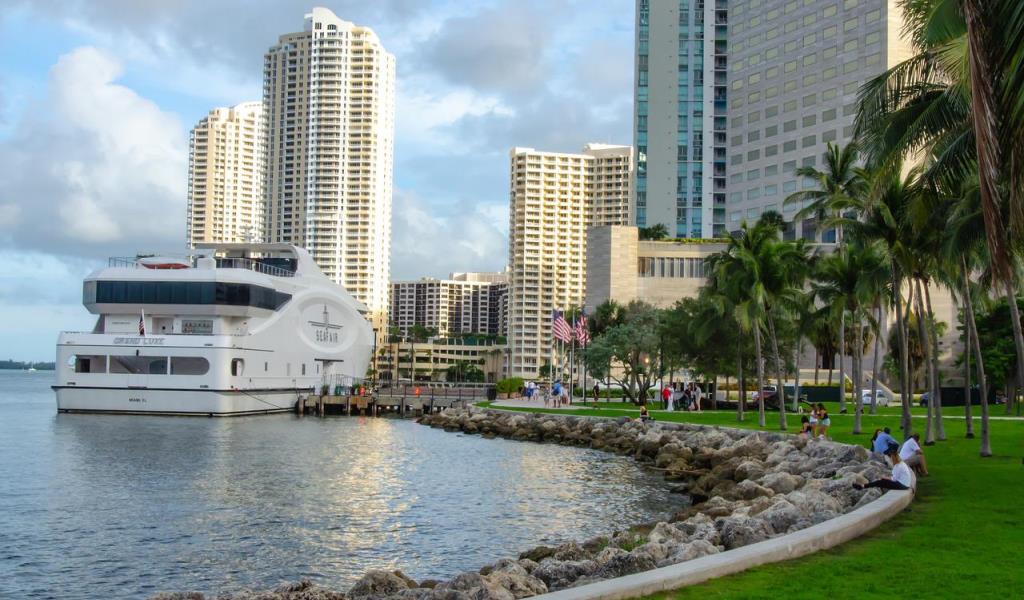On September 8, 2022, the National Science Foundation awarded a $20 million grant to a University of South Florida-lead team of researchers to develop a standardized approach to restoring and protecting coral reef and mangrove ecosystems.
Restoring these natural systems boosts coastal community health and resilience by serving as storm barriers, by providing wildlife habitat and by cleansing the water.
 Led by Civil and Environmental Engineering Professor Maya Trotz, the team includes USF experts in environmental engineering, anthropology and marine science, as well as collaborators from six academic institutions.
Led by Civil and Environmental Engineering Professor Maya Trotz, the team includes USF experts in environmental engineering, anthropology and marine science, as well as collaborators from six academic institutions.
They’re working to develop scalable and equitable engineering practices to enhance coastal sustainability by combining natural features, such as coral reefs and mangrove forests, with built infrastructure, such as seawalls and floodwater pumps, to promote resilience to waves, storm surges and sea-level rise; threats that can cause property damage, erosion and loss of life.
The U.S. Coral Reef Conservation Act promotes the study, management, protection and restoration of coral reefs.
Similar acts in Florida apply to mangroves. Work on reef and mangrove restoration continues to grow in the U.S. and across the globe.
“Reefs and mangroves play critical roles in protecting coastal communities. By rigorously valuing their social and economic benefits, we open new opportunities to invest in these habitats and ensure their benefits to people and nature,” Trotz said.
“Not only will this project address the environmental questions of our time, it will also provide advice on how ordinary people everywhere can participate in finding solutions to our coastal crisis,” she added.
The research aims to quantify the social and ecological factors required to develop effective policy changes and advance public and private investment in disaster risk prevention and reduction.
With its low-lying topography and coral reef and mangrove habitat, the research team will focus on the Biscayne Bay region in Miami, which is one of the most highly susceptible areas to climate and weather disasters.
They will also focus on the Mesoamerican Barrier Reef Complex in Belize and the U.S. Virgin Islands.
The project is part of the National Science Foundation’s Coastlines and People Hubs for Research and Broadening Participation program.
The research team includes experts from Boston University, Stanford University, University of Miami, University of California – Santa Cruz, University of Virgin Islands and East Carolina University.
Photo of Biscayne Bay in Miami by Manuel Leon from Pixabay.

